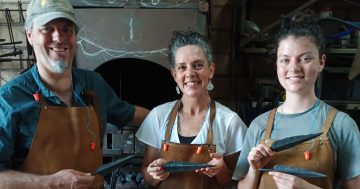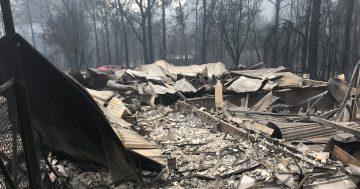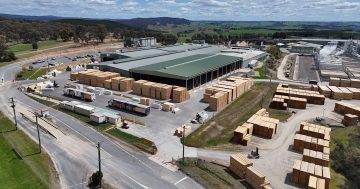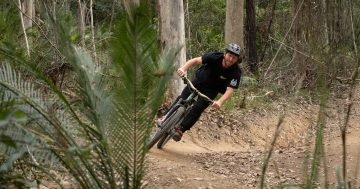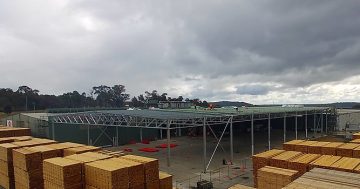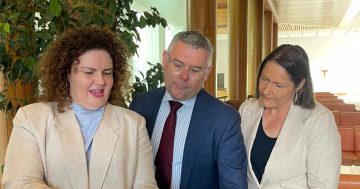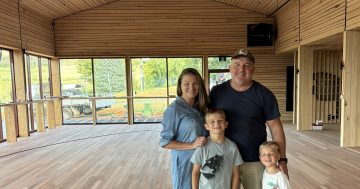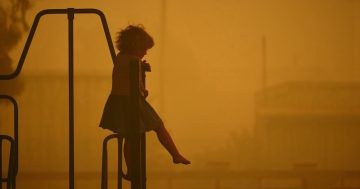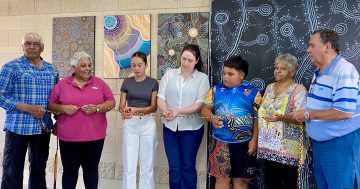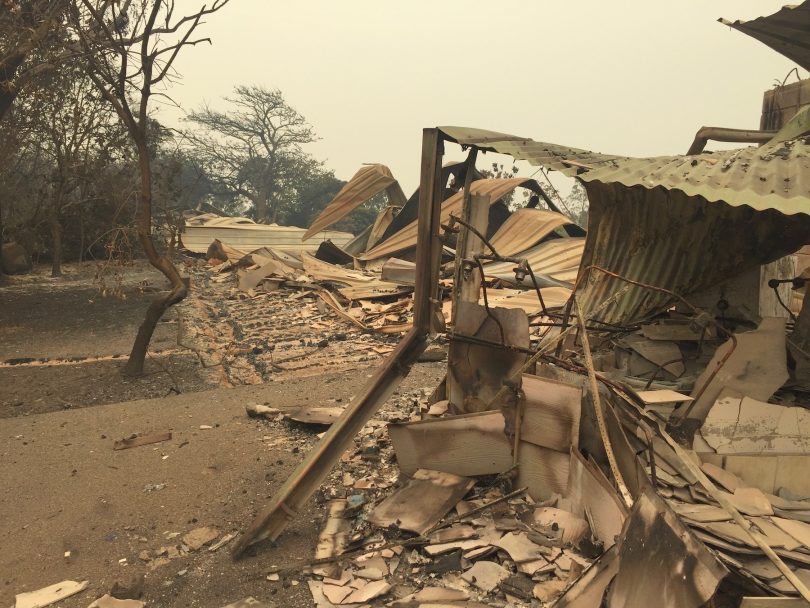
The NBRA has paid out $205 million so far, and an extra $555 million has already been allocated. Photo: Lisa Herbert.
New figures show that just 10 per cent of the $2 billion bushfire recovery fund – coordinated by the National Bushfire Recovery Agency (NBRA) – has made its way to the devastated bushfire-affected communities, while a further $555 million from the fund has been allocated to the end of June 2020 but has not yet been spent.
“These efforts have so far been focused on providing immediate relief but recovery is a marathon, not a sprint,” the coordinator of the NBRA, former AFP Commissioner Andrew Colvin, told Senate Estimates on Monday (2 March).
“Our minds are clearly focused on the longer-term needs economically, physically, socially, and in terms of our environment and habitat.”
The $75,000 primary producers grant has received 1,381 applications nationally. So far, 736 applications have been approved, totalling $43.5 million.
Under the $50,000 small business grant, only 147 out of 738 applications have been approved, worth a total of $2.9 million.
The bulk of applications came from NSW, but just over 16 per cent of applications have been approved since the grant opened on 3 February.
Businesses who are not eligible for grants because their property was not directly damaged by fire can apply for concessional loans; however, of the 104 applications received nationally, just five have been approved since opening on 31 January, totalling $400,000.
“The experience from other disasters tells us it does take time for communities to begin the process of seeking the advice they need before they go forward with things such as loans and grants,” Mr Colvin said.
“We are hearing that some communities, small businesses and primary producers are still counting the cost of the damage and are not yet ready to step forward and seek some of that government assistance.
“Many people just are not ready yet to start that process.”
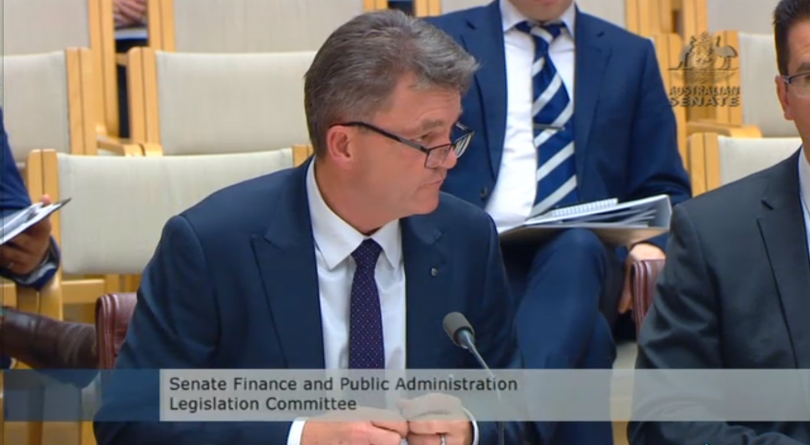
Coordinator of the NBRA, Andrew Colvin, told Senate Estimates that $205 million has been rolled out. Photo: Parliament of Australia.
NSW was the worst affected by the bushfires with 91 per cent of destroyed houses (2800 houses) being in NSW. The debris cleanup bill in NSW alone is set to cost the Commonwealth around $400 million under its cost-sharing agreement with the state.
The slow trickle of money hitting the ground led NSW Deputy Premier John Barilaro to call on the Federal Minister for Emergency Management, David Littleproud, to make changes to grant criteria and streamline the guidelines.
“We have been concerned that the money is not rolling out and that is why we wrote to the federal government to change the criteria,” he said on Sunday.
ACT Senator Zed Seselja said he wants to see the money move quickly, but it is the state’s responsibility to process applications.
“We are certainly encouraging the states to make sure they are able to process them as quickly as possible, but we are not responsible for the processing of those applications,” he said.
“We have put the money forward and, on a range of these areas, we are working as well as we can with the states. But, in terms of the actual decision-making process, it is a matter for states rather than for the Commonwealth.”
His reply prompted Queensland Labor Senator Murray Watt to criticise the Liberals for recusing themselves from their bushfire recovery responsibilities.
“That was what we heard from the Prime Minister all through the bushfire crisis, that various things were the responsibility of the states. Any time there was a problem, he wanted to blame the states. Isn’t that what is going on again here now?” Senator Watt asked.
“It always seems to be the states’ fault whenever there is something that the government does not want to take responsibility for. Doesn’t this really just show that what the Prime Minister’s mostly concerned about is the announcement that he makes or the marketing that he gets to do, and he is not so interested in the follow-through?”
Senator Seselja rubbished these assertions saying that it is how the responsibilities are divided up.
“It is why we have the NBRA. Mr Colvin has outlined the massive response from the Commonwealth in setting up this recovery agency and getting support in a whole range of areas,” he said.
“No-one is looking to blame anyone. All we are looking to do is to get support in a range of areas and Mr Colvin has outlined a number of those.”
For information, visit the National Bushfire Recovery Agency.
Original Article published by Dominic Giannini on The RiotACT.






